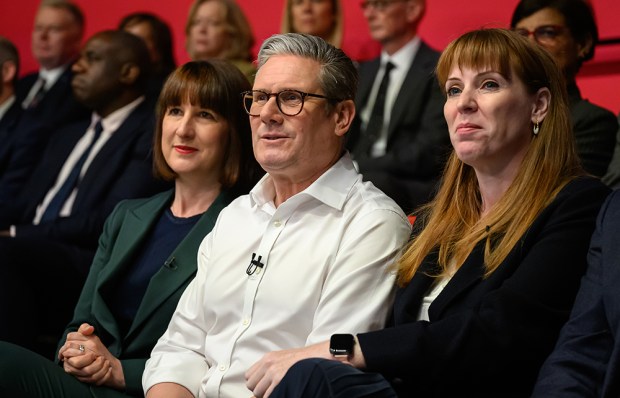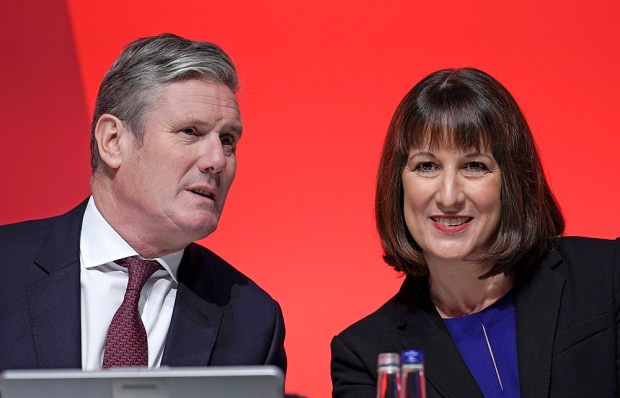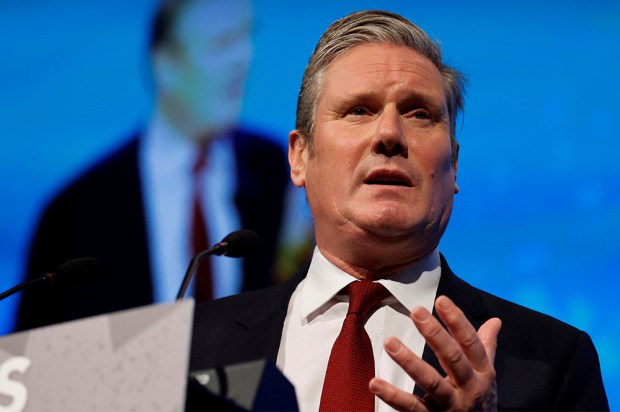When Dominic Cummings addressed government advisers recently, he said that he was so out of touch with day-to-day politics that he needed to ask who the current leader of the Liberal Democrats was.
In fairness to the Prime Minister’s most senior adviser, he’s not alone in this confusion. Since Jo Swinson lost her seat to the Scottish National party in the December election, there have been only interim leaders in place as members pick a successor.
Already a subscriber? Log in
Subscribe for just $2 a week
Try a month of The Spectator Australia absolutely free and without commitment. Not only that but – if you choose to continue – you’ll pay just $2 a week for your first year.
- Unlimited access to spectator.com.au and app
- The weekly edition on the Spectator Australia app
- Spectator podcasts and newsletters
- Full access to spectator.co.uk
Unlock this article
spectator.co.uk/podcast - Katy Balls and Nick Tyrone on the Lib Dem leadership race.
You might disagree with half of it, but you’ll enjoy reading all of it. Try your first month for free, then just $2 a week for the remainder of your first year.















Comments
Don't miss out
Join the conversation with other Spectator Australia readers. Subscribe to leave a comment.
SUBSCRIBEAlready a subscriber? Log in